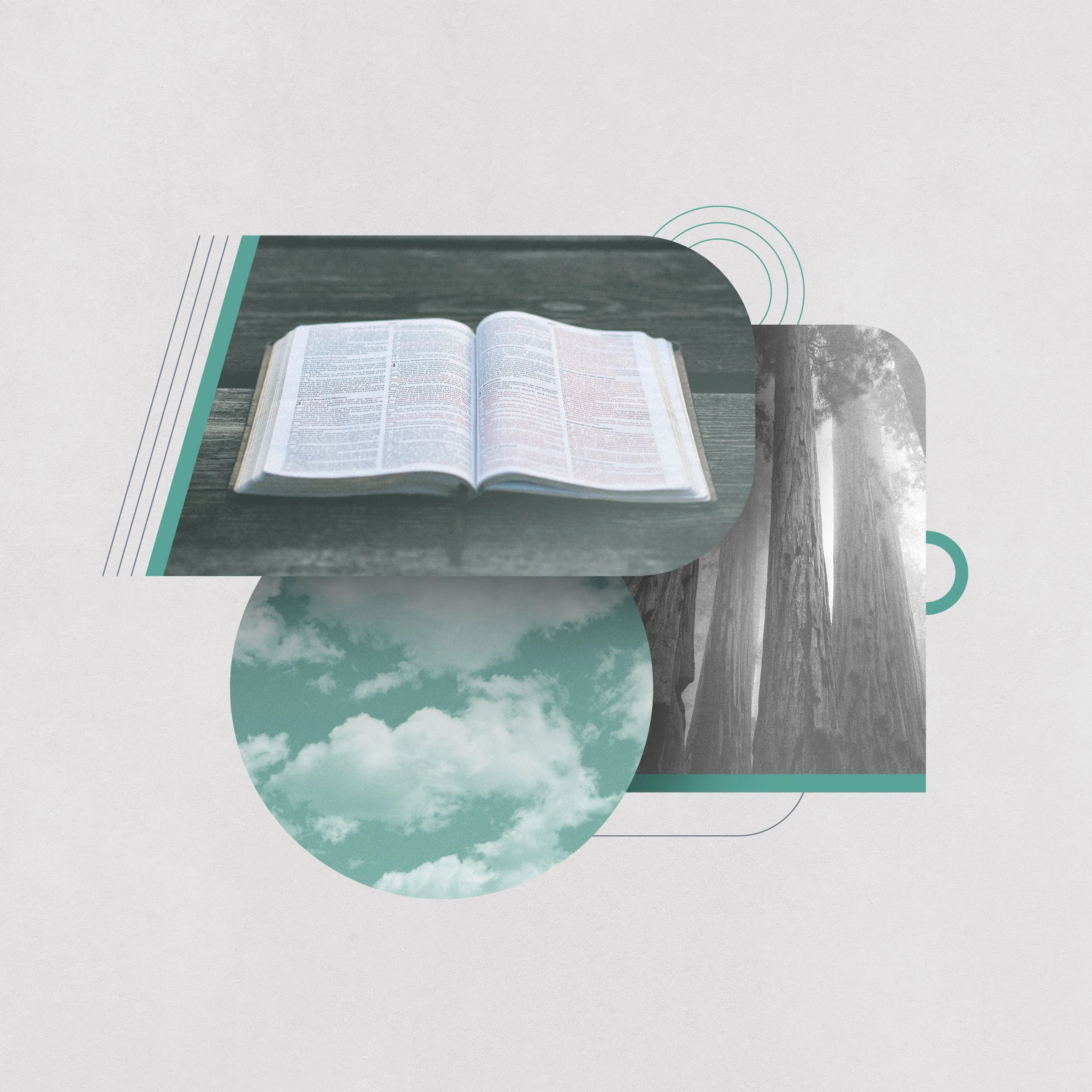3 Things You Should Know About Jeremiah

Jeremiah is one of the most daunting books of the Bible. In terms of word count, it is the longest in the whole Bible. It flits between poetic images and narratives, often with little warning, and it does not follow a chronological order. Most of its content is about grim judgment and dire sin, with few glimmers of hope. People often feel perplexed when they try to read it.
But God gave us this book for our encouragement (Rom. 15:4). If we keep three things in mind as we read, we will begin to understand God’s genius and love in giving us this challenging book.
1. The book’s theme is judgment unto restoration.
For all its complexity, the whole book of Jeremiah expounds two basic themes: judgment and restoration. The theme verse highlights these two themes: the Lord set Jeremiah “over nations and over kingdoms, to pluck up and to break down, to destroy and to overthrow, to build and to plant” (Jer. 1:10). The first four verbs are about judgment (plucking up, breaking down, destroying, and overthrowing). The latter two are about restoration (building and planting).
The judgment texts refer primarily to the fall of Jerusalem to the Babylonians in 586 BC. The Lord is keen to establish that this dreadful event was the just consequence for Judah’s awful sin. The many allusions to the covenant curses in Deuteronomy 28 show that the Lord is being faithful to what He said He would do when His people betray Him. Indeed, He has been more than patient.
During Jeremiah’s ministry, Judah’s fall became an inevitable event. No amount of repentance or prayer could avert it. That is why the Lord forbids Jeremiah to pray for the people (Jer. 7:16; 11:14). Thus, the only way forward for Judah was to accept judgment, including exile from the land of promise (Jer. 21:8–10).
But the most amazing part of Jeremiah’s message is that the Lord—the same God who brought severe judgment on them—also intends to reverse the curse (Jer. 31:28) and heal His people (Jer. 30:12–17; cf. Deut. 32:39). He will do more than simply returning Judah to the pre-exile status quo. He intends to give a new gift: the new covenant, where God will deal with the sin problem that led to exile in the first place. The Lord will write His law on His people’s hearts (Jer. 31:31–34) and enable them to persevere in faith (Jer. 32:40). Sin will no longer prevail.
The book of Jeremiah, therefore, was given to help Judah navigate this dire and climactic end to their story. Even as their nation was uprooted at every level (king, temple, land, covenant), Jeremiah shows that the Lord had a redemptive purpose. He removed these shadowy gifts to prepare the way for ultimate, eschatological gifts that will never pass away. The real end of Israel’s story will not ultimately be wrath, but grace and glory.
2. Speakers sometimes shift in the book without an introduction to mark the change.
People often struggle with understanding the poetic sections of Jeremiah. These rich passages begin to make sense when we realize that Jeremiah is portraying conversations between the Lord, Jeremiah, and the people. Sometimes he portrays the people using the stylized image of “Lady Zion” (Jer. 10:19–20), where Jerusalem is depicted as a woman.1
In these dramatic dialogues, the speaker sometimes shifts without an introduction to mark the change. In Jeremiah 8:18–9:3, for example, the speaker shifts five times. Therefore, we must learn to detect the change in voice based on cues in the text. If you ask yourself, “Who is talking in this verse?” and expect that the speaker often shifts, you can make sense of difficult texts. Commentaries can, of course, be a great help to us in this regard.
3. The book points to Jesus Christ and the church.
The Lord Jesus, who is the ultimate author of Jeremiah (1 Peter 1:11), tells us that the book is ultimately about Him (Luke 24:25–27). And if the book of Jeremiah is about Jesus, then it is also about His church, who is one with Him.
When we read Jeremiah, we should expect a life-giving encounter with Jesus. But we should also expect life-giving words about ourselves. The Lord Jesus is the righteous branch from the line of David, who will be called, “The Lord is our righteousness” (Jer. 23:5–6). But the church is also called by this same name (Jer. 33:16). The righteousness of God will suffuse not just His everlasting king, but His people as well.
These direct predictions about the coming of Jesus are just the beginning. The judgment that befell Judah and the nations—what the prophets call “the day of the Lord”—is but a small anticipation of the ultimate day of judgment, to which Jesus’ dying on the cross pointed (note the earth shaking and the skies being darkened when Jesus died, imagery from the day of the Lord, Matt. 27:45, 51). Thus, when Jeremiah speaks about the Lord’s judgment on Judah and the nations, we can better understand the cross of Christ. And likewise, Jeremiah’s rich description of the restoration (Jer. 30–33) points to the everlasting kingdom of God, which has arrived in the resurrection of Jesus, though not fully and finally.
Thus, the book of Jeremiah witnesses to our story. At Christ’s return, the judgment about which Jeremiah speaks will have its ultimate fulfillment. And that judgment on the old creation will bring us to the everlasting restoration that Jeremiah also predicted. The book of Jeremiah, therefore, remains helpful for readers in every era.
-
In Jeremiah 10:19-21 Lady Zion laments the disaster befalling her. For more details, see Matthew H. Patton, Jeremiah, Zondervan Exegetical Commentary of the Old Testament (Grand Rapids, Zondervan: forthcoming). ↩


